Home / us-presidential-election / Jamieson Greer Named as New US Trade Representative: A Strategic Move by Trump
Jamieson Greer Named as New US Trade Representative: A Strategic Move by Trump
By: My India Times
4 minutes read 57Updated At: 2024-12-13
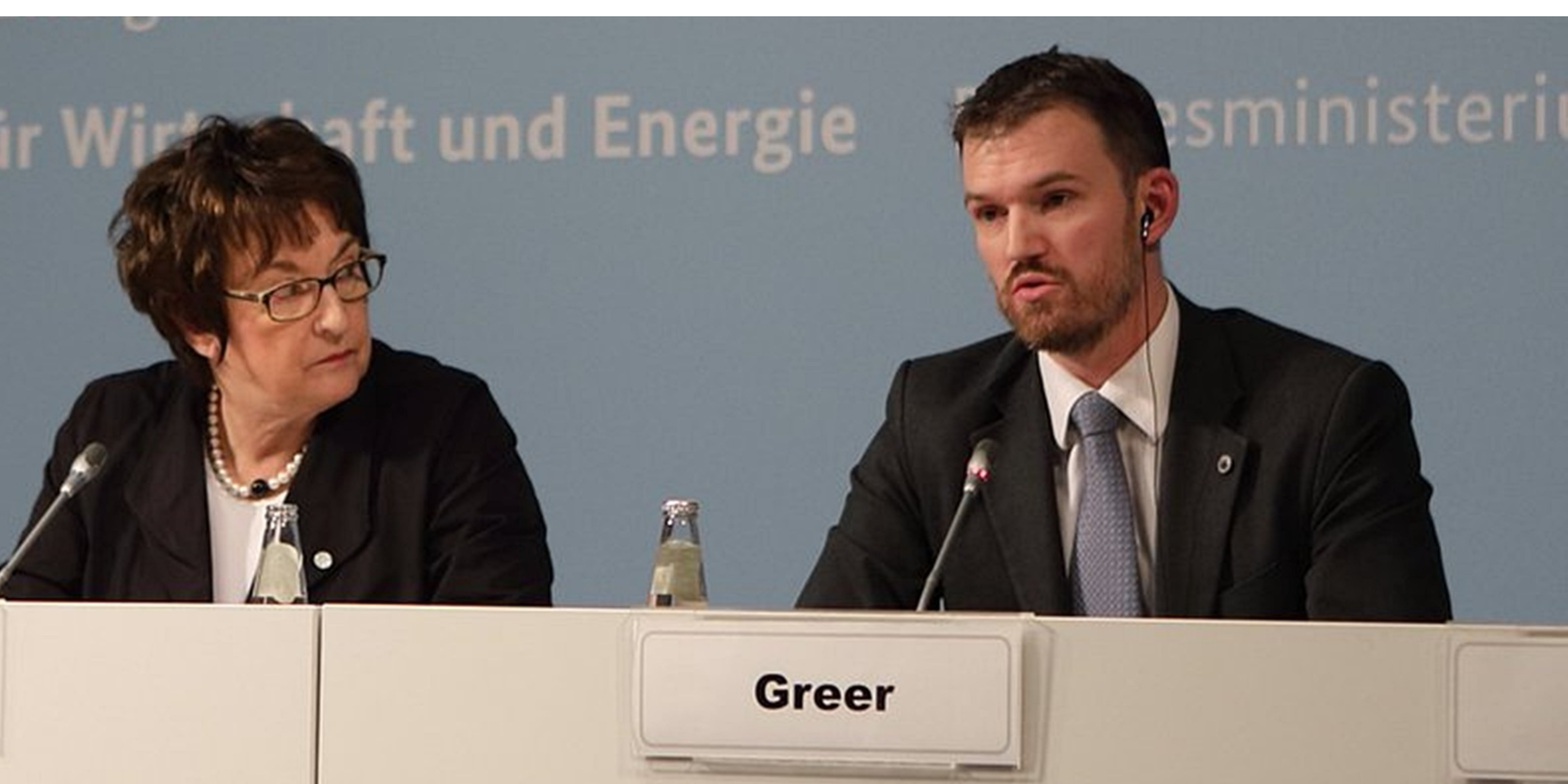
In a major announcement, former President Donald Trump named Jamieson Greer the United States Trade Representative (USTR). This strategic move reflects Trump’s intent to reignite his “America First” trade agenda as he eyes a return to the White House. Known for his expertise in international trade law and policy, Greer’s appointment signals a renewed focus on protecting American jobs, industries, and global competitiveness.
Who is Jamieson Greer?
Jamieson Greer is no stranger to the complex world of trade negotiations. A veteran trade attorney, he previously served as Chief of Staff at the Office of the USTR during Trump’s first term, playing a key role in negotiating pivotal trade agreements like the United States-Mexico-Canada Agreement (USMCA).
Greer’s experience includes navigating high-stakes trade conflicts, particularly with China and the European Union. His deep understanding of tariffs, supply chains, and international trade regulations makes him a formidable figure in shaping policies that aim to bolster the American economy.
Trump, who has often championed aggressive trade tactics, sees Greer as the right choice to lead the charge in renegotiating deals, enforcing trade laws, and standing firm against practices he has labeled unfair.
Why This Appointment Matters Now
Greer’s appointment comes at a critical juncture for the United States. The global economy is facing uncertainty due to lingering effects of the pandemic, inflation, and shifting geopolitical alliances. Trade remains a central issue as the U.S. grapples with challenges such as supply chain disruptions, dependency on foreign manufacturing, and increasing competition from China.
During Trump’s presidency, trade was one of his signature issues. His administration imposed sweeping tariffs on Chinese goods, renegotiated NAFTA, and pushed for stricter enforcement of trade agreements. Critics and supporters alike agree that Greer was instrumental in shaping these policies, particularly those designed to level the playing field for American workers.
By bringing Greer back into the fold, Trump is doubling down on his commitment to recalibrate U.S. trade policies. The move also sends a strong signal to voters that he intends to prioritize economic growth and manufacturing jobs should he return to the Oval Office.
What to Expect from Greer’s Leadership
Jamieson Greer’s leadership as USTR is expected to focus on key areas that align with Trump’s broader economic agenda:
China Trade Relations: Continuing the pressure on China over intellectual property theft, market access restrictions, and trade imbalances. Greer is likely to build on the tariffs imposed during Trump’s first term while exploring additional measures to counter Chinese economic policies.
Supply Chain Independence: Addressing vulnerabilities in critical industries such as semiconductors, pharmaceuticals, and green energy. Greer’s approach will likely involve incentivizing domestic manufacturing to reduce dependency on foreign suppliers.
Trade Alliances: While Trump’s approach to trade often sparked tensions with allies, Greer could focus on strengthening partnerships with nations that share U.S. concerns about China and global trade rules.
WTO Reform: Under Greer’s guidance, the U.S. could advocate for reforms to the World Trade Organization (WTO) to address disputes and ensure fair competition globally.
Reactions to the Appointment
The announcement has sparked varied reactions from the political and economic landscape. Supporters of Trump’s trade policies see Greer’s appointment as a positive step toward restoring what they view as fairness in global trade.
"Jamieson Greer’s track record speaks for itself. He’s the right man to ensure American workers are protected and our industries thrive," said a prominent Republican lawmaker.
However, critics warn that an overly aggressive trade policy could strain relations with key allies and lead to retaliatory measures. Some economists have argued that tariffs imposed during Trump’s first term negatively impacted consumers and businesses by driving up costs.
The Road Ahead
As the newly appointed USTR, Jamieson Greer faces a challenging but crucial task: reshaping U.S. trade policy in a way that balances domestic priorities with international cooperation. With Trump placing trade at the forefront of his potential 2024 campaign, Greer’s actions in this role will likely define the administration’s economic legacy.
Greer’s first moves in this influential position will be closely watched, not just in Washington but across the globe. Whether it’s tackling ongoing disputes with China, addressing trade deficits, or fostering new agreements, his leadership will play a critical role in determining America’s position in the international trade arena.
....
In a major announcement, former President Donald Trump named Jamieson Greer the United States Trade Representative (USTR). This strategic move reflects Trump’s intent to reignite his “America First” trade agenda as he eyes a return to the White House. Known for his expertise in international trade law and policy, Greer’s appointment signals a renewed focus on protecting American jobs, industries, and global competitiveness.
Who is Jamieson Greer?
Jamieson Greer is no stranger to the complex world of trade negotiations. A veteran trade attorney, he previously served as Chief of Staff at the Office of the USTR during Trump’s first term, playing a key role in negotiating pivotal trade agreements like the United States-Mexico-Canada Agreement (USMCA).
Greer’s experience includes navigating high-stakes trade conflicts, particularly with China and the European Union. His deep understanding of tariffs, supply chains, and international trade regulations makes him a formidable figure in shaping policies that aim to bolster the American economy.
Trump, who has often championed aggressive trade tactics, sees Greer as the right choice to lead the charge in renegotiating deals, enforcing trade laws, and standing firm against practices he has labeled unfair.
Why This Appointment Matters Now
Greer’s appointment comes at a critical juncture for the United States. The global economy is facing uncertainty due to lingering effects of the pandemic, inflation, and shifting geopolitical alliances. Trade remains a central issue as the U.S. grapples with challenges such as supply chain disruptions, dependency on foreign manufacturing, and increasing competition from China.
During Trump’s presidency, trade was one of his signature issues. His administration imposed sweeping tariffs on Chinese goods, renegotiated NAFTA, and pushed for stricter enforcement of trade agreements. Critics and supporters alike agree that Greer was instrumental in shaping these policies, particularly those designed to level the playing field for American workers.
By bringing Greer back into the fold, Trump is doubling down on his commitment to recalibrate U.S. trade policies. The move also sends a strong signal to voters that he intends to prioritize economic growth and manufacturing jobs should he return to the Oval Office.
What to Expect from Greer’s Leadership
Jamieson Greer’s leadership as USTR is expected to focus on key areas that align with Trump’s broader economic agenda:
China Trade Relations: Continuing the pressure on China over intellectual property theft, market access restrictions, and trade imbalances. Greer is likely to build on the tariffs imposed during Trump’s first term while exploring additional measures to counter Chinese economic policies.
Supply Chain Independence: Addressing vulnerabilities in critical industries such as semiconductors, pharmaceuticals, and green energy. Greer’s approach will likely involve incentivizing domestic manufacturing to reduce dependency on foreign suppliers.
Trade Alliances: While Trump’s approach to trade often sparked tensions with allies, Greer could focus on strengthening partnerships with nations that share U.S. concerns about China and global trade rules.
WTO Reform: Under Greer’s guidance, the U.S. could advocate for reforms to the World Trade Organization (WTO) to address disputes and ensure fair competition globally.
Reactions to the Appointment
The announcement has sparked varied reactions from the political and economic landscape. Supporters of Trump’s trade policies see Greer’s appointment as a positive step toward restoring what they view as fairness in global trade.
"Jamieson Greer’s track record speaks for itself. He’s the right man to ensure American workers are protected and our industries thrive," said a prominent Republican lawmaker.
However, critics warn that an overly aggressive trade policy could strain relations with key allies and lead to retaliatory measures. Some economists have argued that tariffs imposed during Trump’s first term negatively impacted consumers and businesses by driving up costs.
The Road Ahead
As the newly appointed USTR, Jamieson Greer faces a challenging but crucial task: reshaping U.S. trade policy in a way that balances domestic priorities with international cooperation. With Trump placing trade at the forefront of his potential 2024 campaign, Greer’s actions in this role will likely define the administration’s economic legacy.
Greer’s first moves in this influential position will be closely watched, not just in Washington but across the globe. Whether it’s tackling ongoing disputes with China, addressing trade deficits, or fostering new agreements, his leadership will play a critical role in determining America’s position in the international trade arena.
By: My India Times
Updated At: 2024-12-13
Tags: us-presidential-election News | My India Times News | Trending News | Travel News
Join our WhatsApp Channel




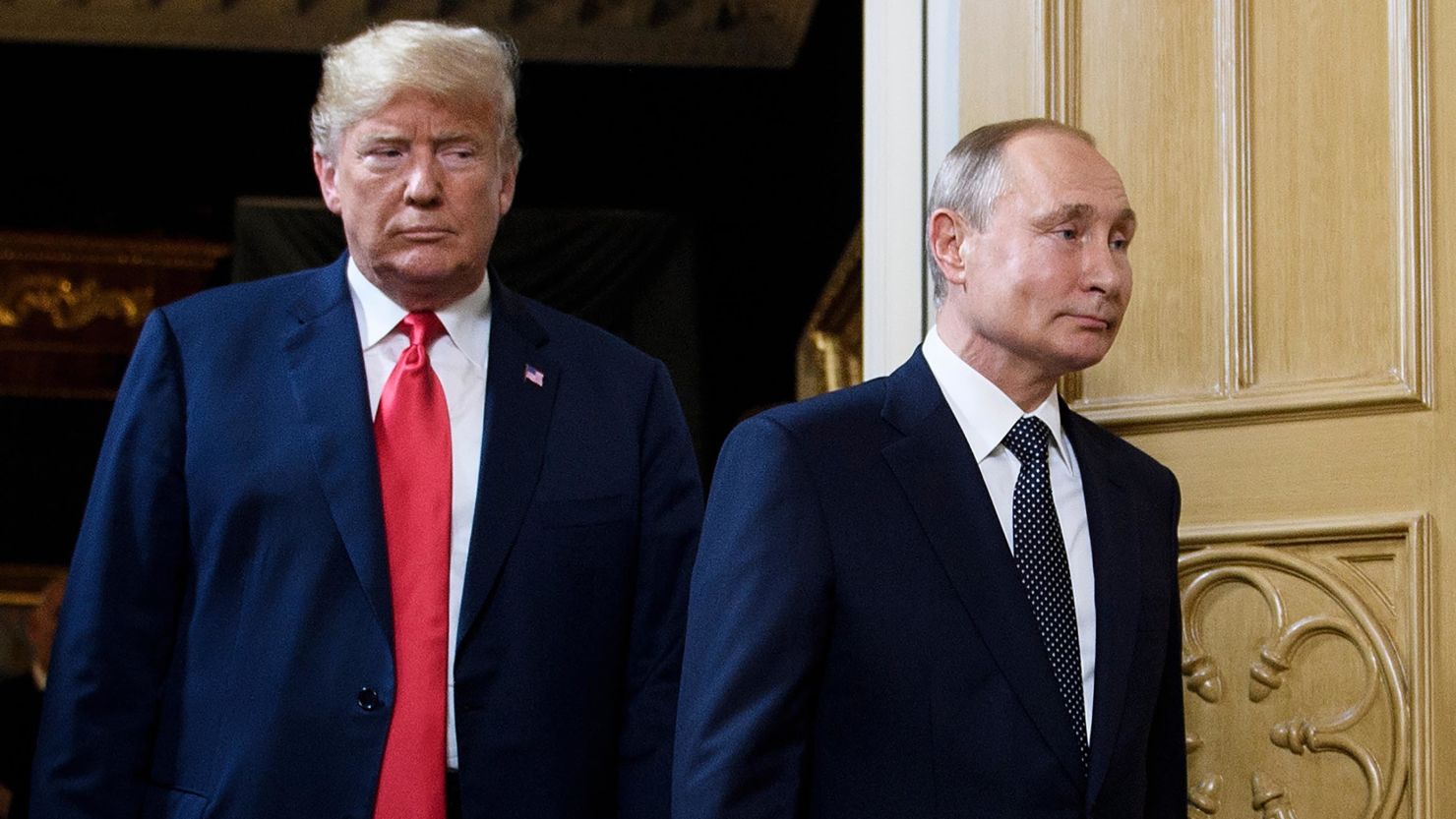
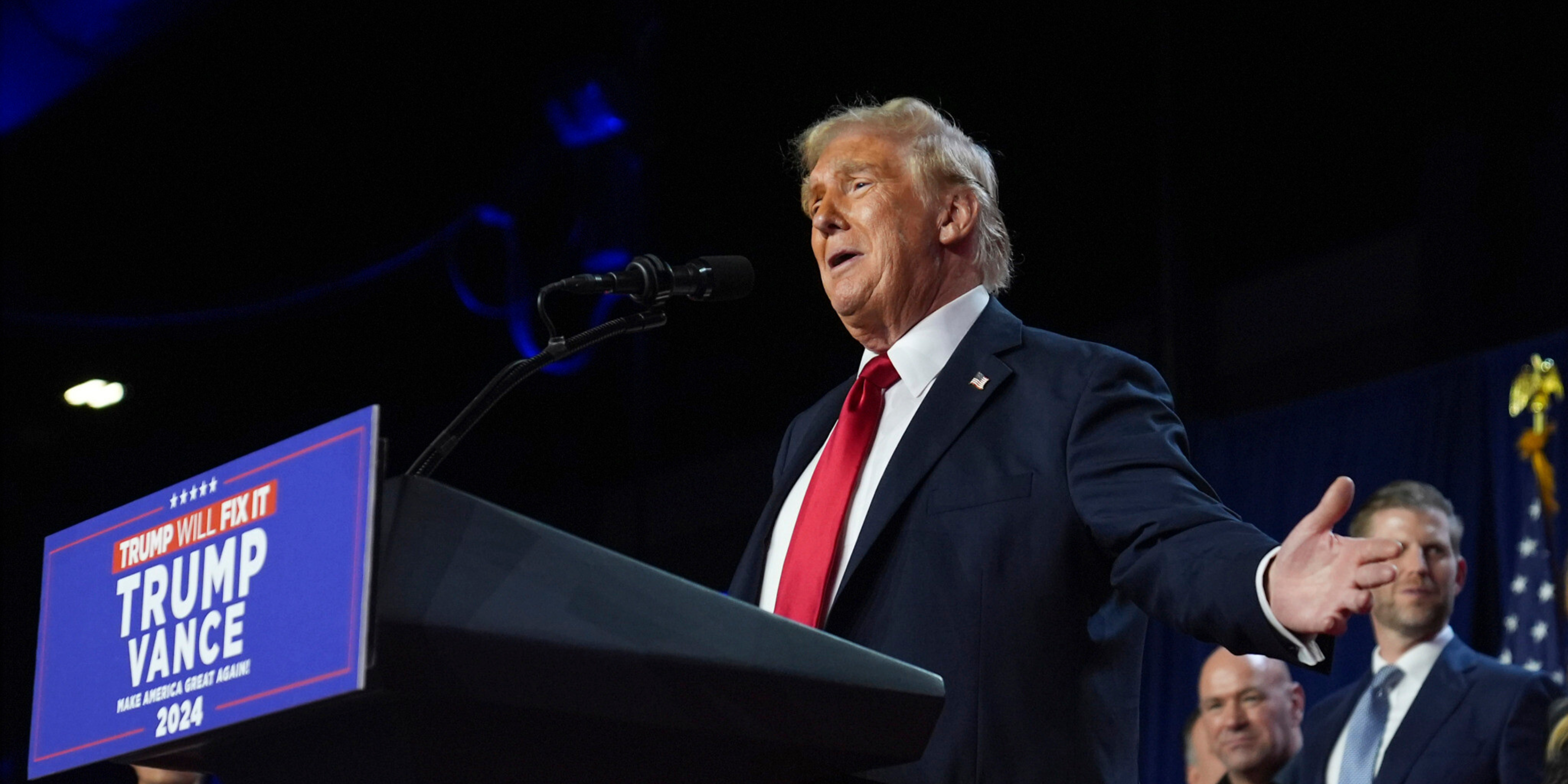
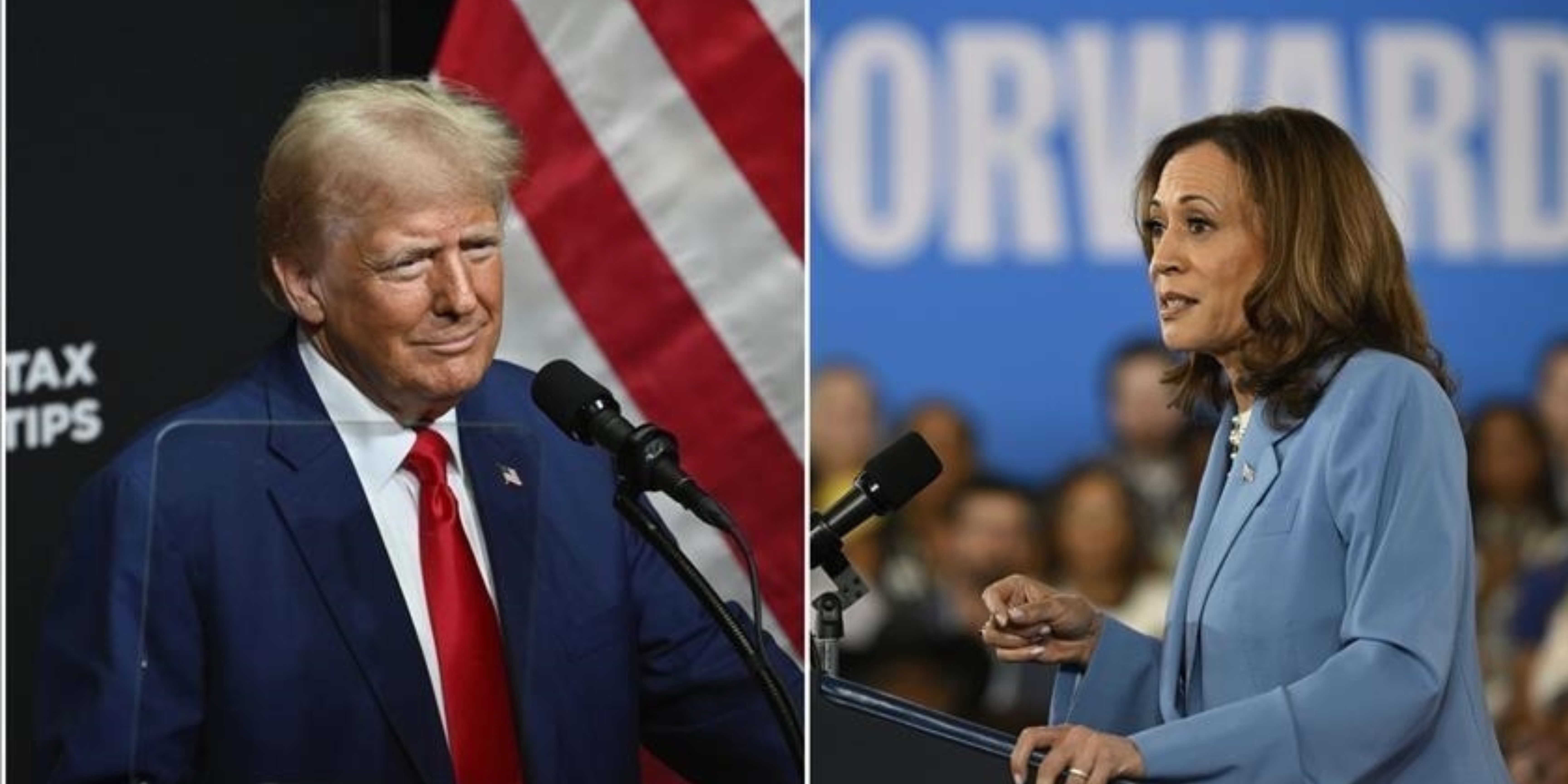


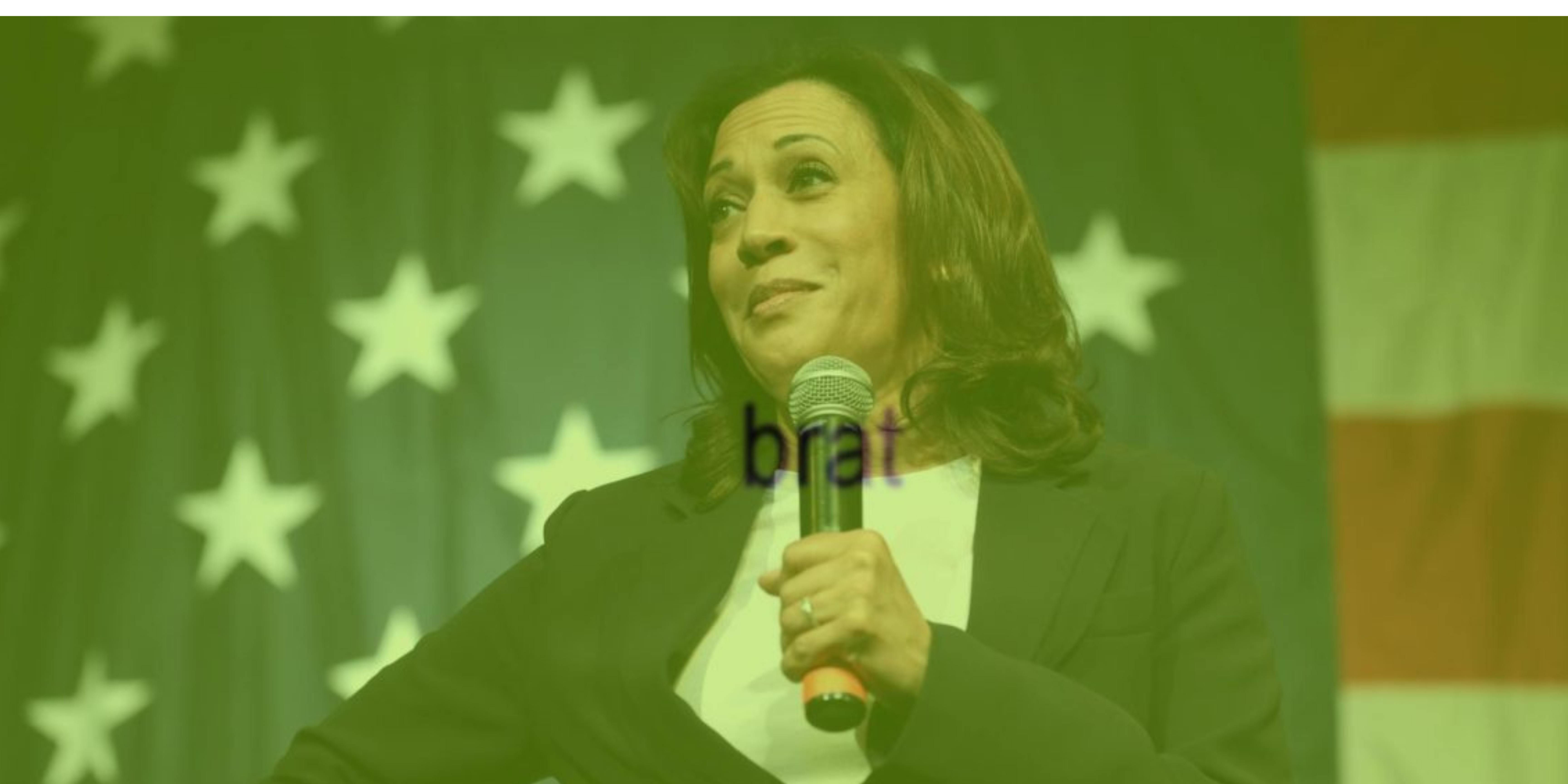
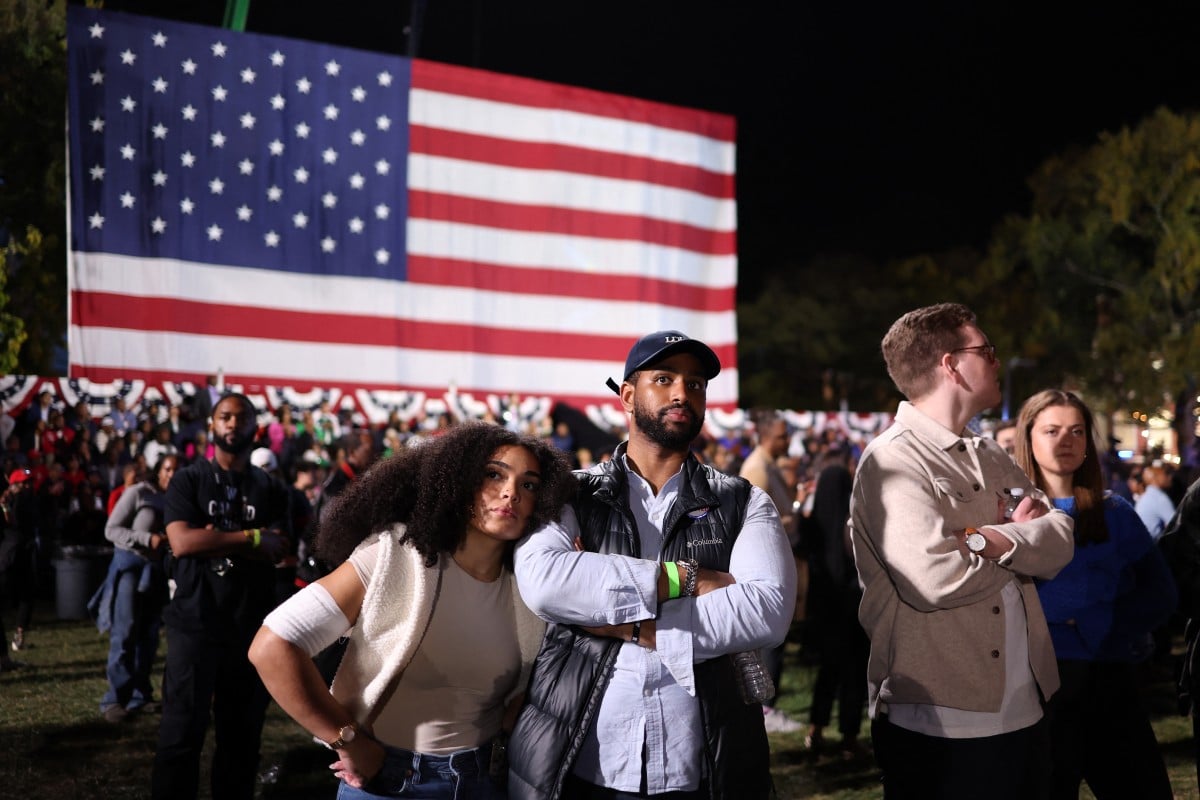
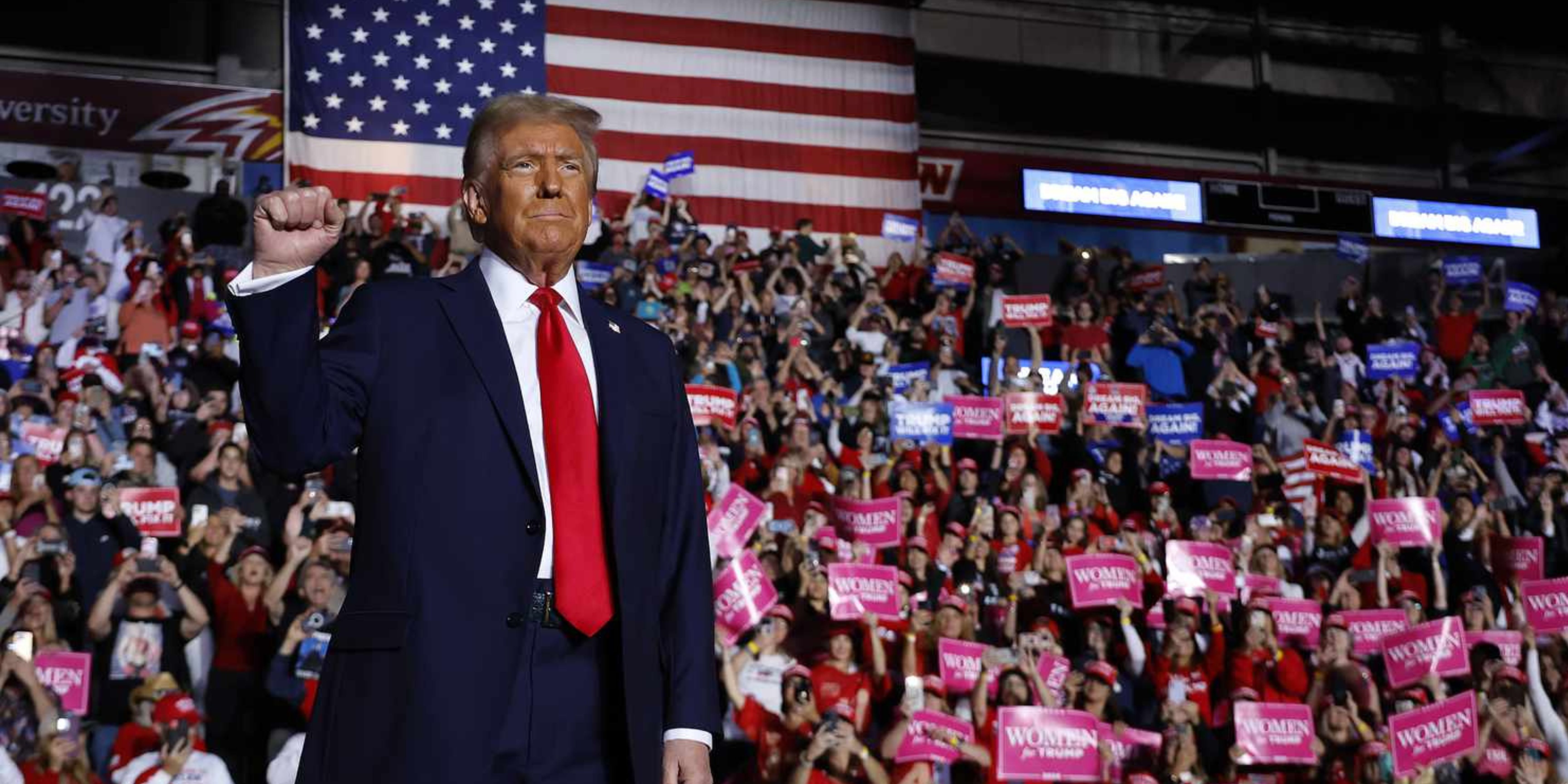
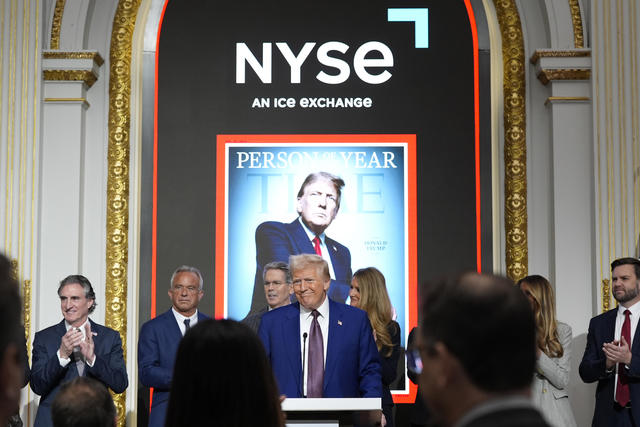





























































































.png)
 (1).png)























